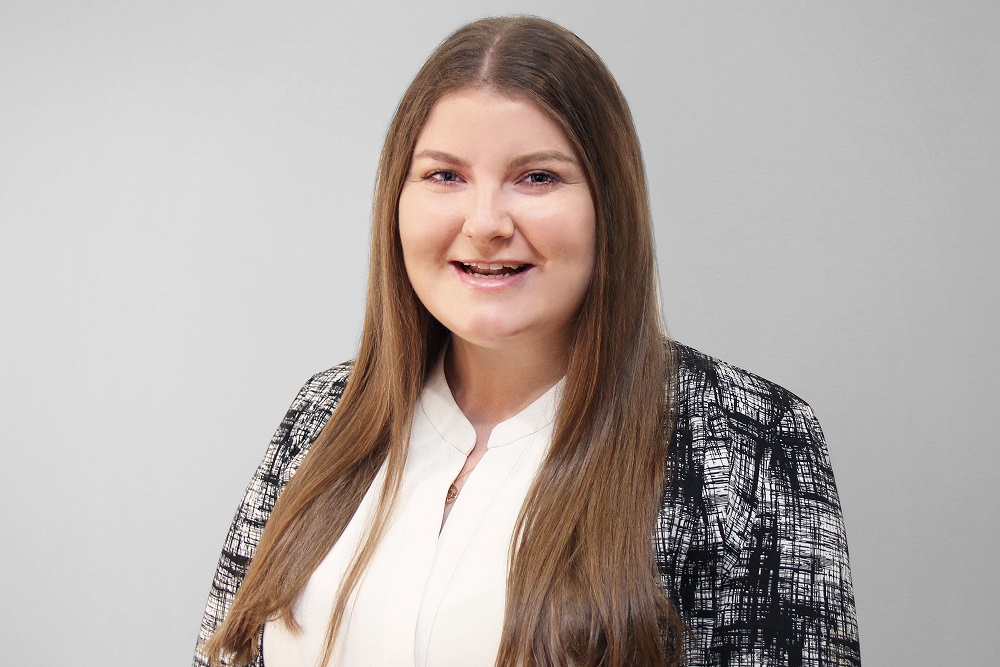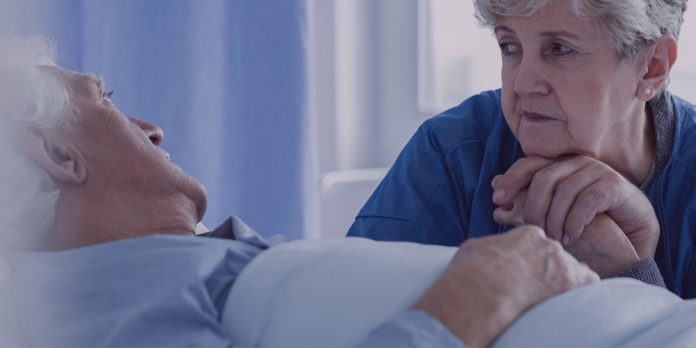The passage of Voluntary Assisted Dying legislation through the NSW Parliament is a welcome step forward in giving terminally-ill adults the right to choose to end their lives.
But, there are issues for people with dementia and those living in rural communities, according to a Newcastle health lawyer.
Voluntary Assisted Dying is the medical assistance to help a person to end their life.
It is now legal in NSW after a conscience vote by MPs and a lengthy debate.
However, the system won’t be up and running for 18 months.
Samantha Middleton from Newcastle-based firm Catherine Henry Lawyers said the government and bureaucracy must take swift action to make the law a reality.
“A Voluntary Assisted Dying Review Board needs to be established and mandatory training developed and undertaken by consulting and administering practitioners,” she explained.
“There is some uncertainty regarding what the new law will mean for people wishing to take up Voluntary Assisted Dying, their families and health and medical professionals.”
Ms Middleton’s firm has developed a “question and answer” resource for local people.
“Voluntary Assisted Dying will not be an option for everyone in NSW,” she said.
“You need to be an Australian citizen or permanent resident, 18 years or older and, except where there are exceptional circumstances, have been living in NSW for at least 12 months.
“Also, you need to have an advanced, progressive disease, illness or medical condition that will, on the balance of probabilities, cause death within six months.
“If the condition is neurodegenerative, the timeframe is 12 months.
“It is only an option where your suffering can’t be relieved in a way that you find tolerable.”
Ms Middleton said, importantly, it needed to be clear that people were acting voluntarily and without coercion.
“The requirement that patients have decision-making capacity throughout the entire process is problematic for those experiencing dementia,” she added.
Before Voluntary Assisted Dying is approved, a patient must make three requests and have two assessments by separate and independent medical practitioners.
If approved, in consultation with and on the advice of the coordinating medical practitioner, a person can either self-administer or have a practitioner administer a voluntary assisted dying substance issued by an approved pharmacy.

“People who lack decision-making capacity, such as people with dementia, or who lose decision-making capacity during the process are not eligible for Voluntary Assisted Dying,” Ms Middleton said.
“NSW appears to be the only state to preclude access to Voluntary Assisted Dying purely on the fact someone has dementia.
“Initially, a dementia patient may satisfy the decision-making capacity requirement but by the time they are likely to die, they are unlikely to have decision-making capacity and will be denied access.”
Doctors and health practitioners can refuse to participate, too.
Coordinating or consulting practitioners must be a specialist with at least one year’s experience or are a GP with at least 10 years’ experience.
An administering practitioner must be a specialist GP with at least five years’ experience, an overseas-trained specialist with the appropriate registration, or a nurse practitioner.
“While these qualification safeguards are important, as is often the case with health and medical treatments, there will be access issues for people in rural and remote areas,” Ms Middleton said.
“Not every community will have a specialist or at least two trained practitioners with the mandated experience who are willing to participate.”
The new legislation comes after years of campaigning by terminally-ill people, medical experts, lawyers, and the loved ones of those who suffered greatly in their final months and days.
NSW is the last state to enact such legislation.
Advocates say the new law brings peace of mind, choice, and one less thing to be afraid of.
Architect of the bill, independent MP Alex Greenwich, admitted “compassion has won”.
The Bill was opposed by both NSW political leaders.
Premier Dominic Perrottet has said the focus needed to be on boosting palliative care funding.
Ms Middleton said improved palliative care funding and resources was welcome because it had been lacking in the Hunter and other regional areas.
“But, palliative care is not a universal solution,” she stated.
“For some people, Voluntary Assisted Dying will better serve their needs because palliative care cannot tolerably alleviate their suffering.
“People deserve the right to die gracefully, and on their own terms, without the need for a prolonged period of suffering.”







